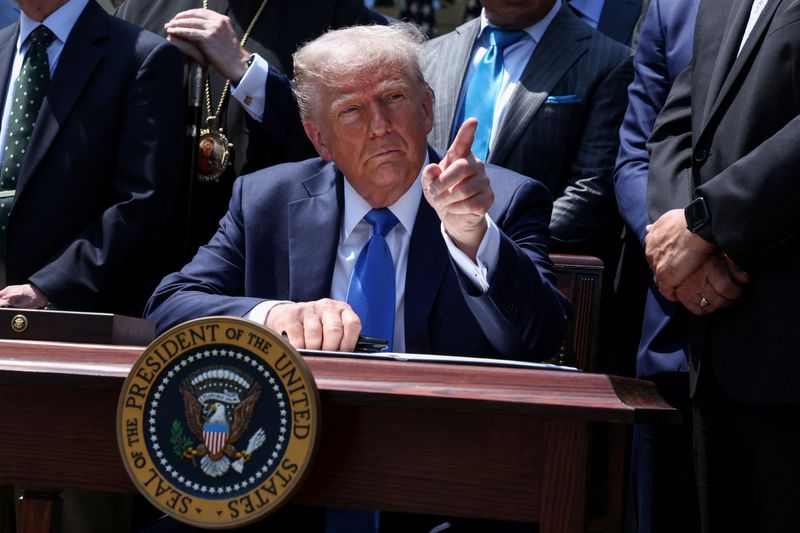Introduction
As President Donald Trump begins his second term, a new U.S. News Best States survey reveals that cost of living remains the most pressing concern for Americans across the nation. Despite dramatic changes in federal policies and leadership — including controversial appointments like Robert F. Kennedy Jr. — everyday citizens are most focused on basic economic survival. From inflation anxiety to vaccine skepticism and climate urgency, the survey uncovers what Americans believe truly matters in 2025.

1. Cost of Living Is Still King
More than 60% of respondents identified cost of living or affordability as their state’s most critical issue. Even as inflation rates show signs of moderation, everyday expenses remain high. Trump’s new tariff policies threaten to drive up prices further, sparking warnings from Federal Reserve Chair Jerome Powell about potential inflationary pressure.
2. Support for Vaccines Remains Strong, But Partisan
Despite the controversial views of Health Secretary Robert F. Kennedy Jr., over 75% of respondents agreed that “public health measures like vaccines are important for their state.” However, there’s a notable partisan divide — with Republican respondents expressing less confidence in vaccine safety compared to Democrats, according to additional polling by KFF.
3. Abortion Access Is a Broadly Shared Priority
More than 70% of participants agreed that their state should protect abortion access, echoing the results of 2024 ballot measures that upheld reproductive rights even in conservative states. Trump’s return — and his role in overturning Roe v. Wade — has not shifted public opinion on the issue for most Americans.
4. Climate Change Worries Vary by Geography
Two-thirds of respondents want their state governments to prioritize climate change mitigation. Concern was highest in coastal states like Rhode Island and Hawaii, while inland areas such as Idaho and Montana were less alarmed. The data reflects growing regional disparities in climate-related policy expectations.
5. Education, Healthcare, and Infrastructure Are Underfunded
Over half of survey participants cited underfunding in education, healthcare, and infrastructure as a critical issue. These are key components of U.S. News’ state rankings, and their neglect suggests a disconnect between state budgets and residents’ priorities.
6. Equality and Public Trust Divide Voters
The country remains split on systemic issues. Responses to statements like “Everyone in my state has an equal opportunity for success” were divided. Similarly, opinions about the quality of K-12 education were mixed, highlighting disparities in public trust across different states.
7. Mental Health, Housing, and Homelessness Emerge in Free Responses
In open-ended responses, topics such as affordable housing, mental health services, and homelessness appeared frequently. These issues, although not initially listed in the survey, were repeatedly flagged by respondents as being neglected by state leaders.

These survey results aren’t representative of the makeup of the nation, as respondents were, on average, a lot older and whiter than the nation as a whole. And while survey participants came from all 50 states, each state’s share of the respondent pool doesn’t necessarily match its share of the U.S. population. For example, Washington, Oregon and Colorado are overrepresented in the U.S. News sample, while California and Texas are underrepresented.
Still, the results can shed light on how state governments’ priorities align – or don’t – with their constituents’.
You can see how your state is doing overall and in eight different performance categories – health care, education, natural environment, opportunity, economy, crime and corrections, infrastructure and fiscal stability – in our Best States rankings. Plus, find out which state best matches your priorities by taking our Best States quiz.
Conclusion
The Best States 2025 survey underscores a fundamental truth: It’s still the economy, stupid. As Trump’s second term reshapes American policy and rhetoric, citizens continue to prioritize tangible concerns — from living costs and healthcare access to environmental protection and personal freedoms. For state leaders, aligning governance with these expressed priorities will be key to maintaining public trust and effectiveness.
Explore how your state ranked across eight categories, and see if it aligns with your values using the U.S. News Best States interactive tool.









